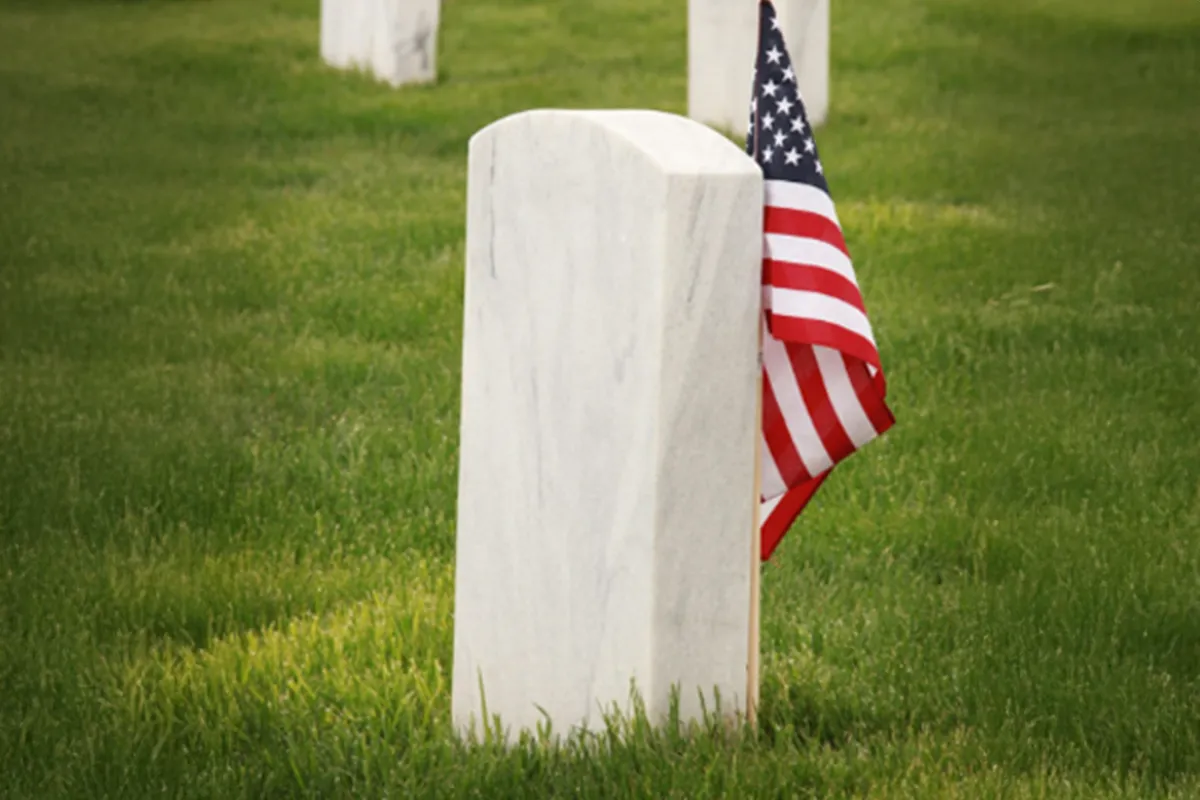
What My Clients Taught Me About Grief
(And How It Helped Me When My Dad Died)
As therapists, we often carry stories, our clients’ and our own. But when personal loss hits again after years of walking alongside others, we learn what stays with us.
My experience with death started early. In second grade, a classmate died in a house fire. I became terrified it would happen to my family. I’d map out escape routes every night before bed, choosing which Cabbage Patch dolls and Pound Puppies I’d save. The anxiety lingered for years.
When I was 14, my mom died. That’s when I truly learned what grief felt like. I cried myself to sleep, avoided talking about my feelings, and lived in fear that someone else would die. I felt alone in a way that words couldn’t touch.
That loss shaped me. At 16, I started volunteering for a hospice children’s grief program. I knew then I wanted to help others through grief. Over the years, I’ve supported countless grieving clients. I’ve sat with their pain, their confusion, their guilt, their stories. And yet, nothing fully prepares you for a new loss.
Last November, my dad died. I was with him when he took his final breath.
Even after a lifetime of personal and professional experience, this new grief surprised me. But I leaned on what I had learned from my clients and the lessons they taught me in session after session. Those lessons became anchors. I want to share a few of them here:
1. Don’t wait to process the death scene.
So many of my clients are haunted by the last moments, whether they were there or not. They replay the scene, sometimes imagined, over and over. I didn’t want to get stuck there.
Within 12 hours of my dad dying, I was on a plane home from Florida. The flashbacks started almost immediately. I contacted my Brainspotting coach and had a session the next day. It was the hardest session of my life; I nearly vomited twice, but it allowed me to unhook from the trauma of his final breaths. Because of that work, I can think of my dad now and remember him, not just how he died.
2. Grief bursts don’t follow a schedule.
They come out of nowhere: getting in my car at the end of the work day, driving by a place he would have enjoyed, or walking into a fundraiser and seeing a raffle prize from Big Tony’s Catering—my dad’s nickname was Big Tony. Those waves still crash when I least expect them.
3. The days before the milestone are often worse than the milestone itself.
The week leading up to Father’s Day was awful. The anticipation, the build-up, the dread. But the actual day? It wasn’t as bad as I feared. It reminded me of what I often tell clients, grief doesn’t always peak when we expect it to.
4. Grief brain is real.
The fog, forgetfulness, and struggle to concentrate showed up fast. I’ve seen it in so many clients, and still, I was caught off guard when it happened to me.
5. Support fades faster than grief does.
The texts slow down, the check-ins stop, and sometimes, the responses you do get are dismissive. "He was old," multiple people said to me. I know they meant well, but it minimized my experience. Grief deserves space, no matter the age, relationship, or timing.
6. It’s okay to ask for support.
I went to a grief group for therapists. I did my own Induced After-Death Communication therapy session. I continue to talk, process, and sit with it. Grief doesn’t need to be hidden just because I’m a professional.
Even with all my training, my father’s death cracked something open in me. But I’ve found strength in the wisdom my clients have offered me over the years, and I want to provide that space back to other therapists.
If you’re a therapist navigating your own loss, you’re not alone.
Join me for Grief and Growth: Supporting Therapists in Times of Loss, a course designed to help clinicians make space for their own grief while staying grounded in their work.
Sign up today and let’s shift the conversation about grief in our profession. Register at: https://erenadigonis.ce-go.com/live-event/grief-and-growth-supporting-therapists-in-times-of-loss-2025
